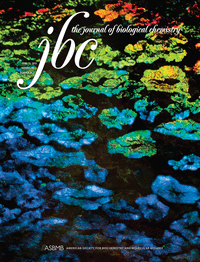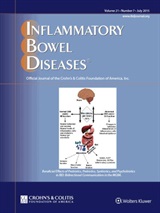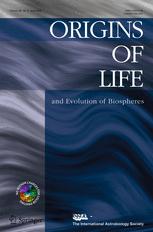 An official inquiry by the University of Pittsburgh has led to two more retractions for a pair of cancer researchers, Tong Wu and Chang Han. By our count, the pair now have four retractions under their belt, all the result of the university investigation.
An official inquiry by the University of Pittsburgh has led to two more retractions for a pair of cancer researchers, Tong Wu and Chang Han. By our count, the pair now have four retractions under their belt, all the result of the university investigation.
The Journal of Biological Chemistry published the notices earlier this month, after it was discovered the papers contained cropped panels, among other issues. Importantly, the two papers appear to even have shared some data.
One 2006 paper, “Modulation of Stat3 Activation by the Cytosolic Phospholipase A2α and Cyclooxygenase-2-controlled Prostaglandin E2 Signaling Pathway,” investigated the molecular actors in cancer growth, such as overexpression of cyclooxygenase-2 (COX-2). It has been cited 34 times, according to Thomson Scientific’s Web of Knowledge. Here’s the notice:







 Oncogene is retracting a 2010 paper on
Oncogene is retracting a 2010 paper on 